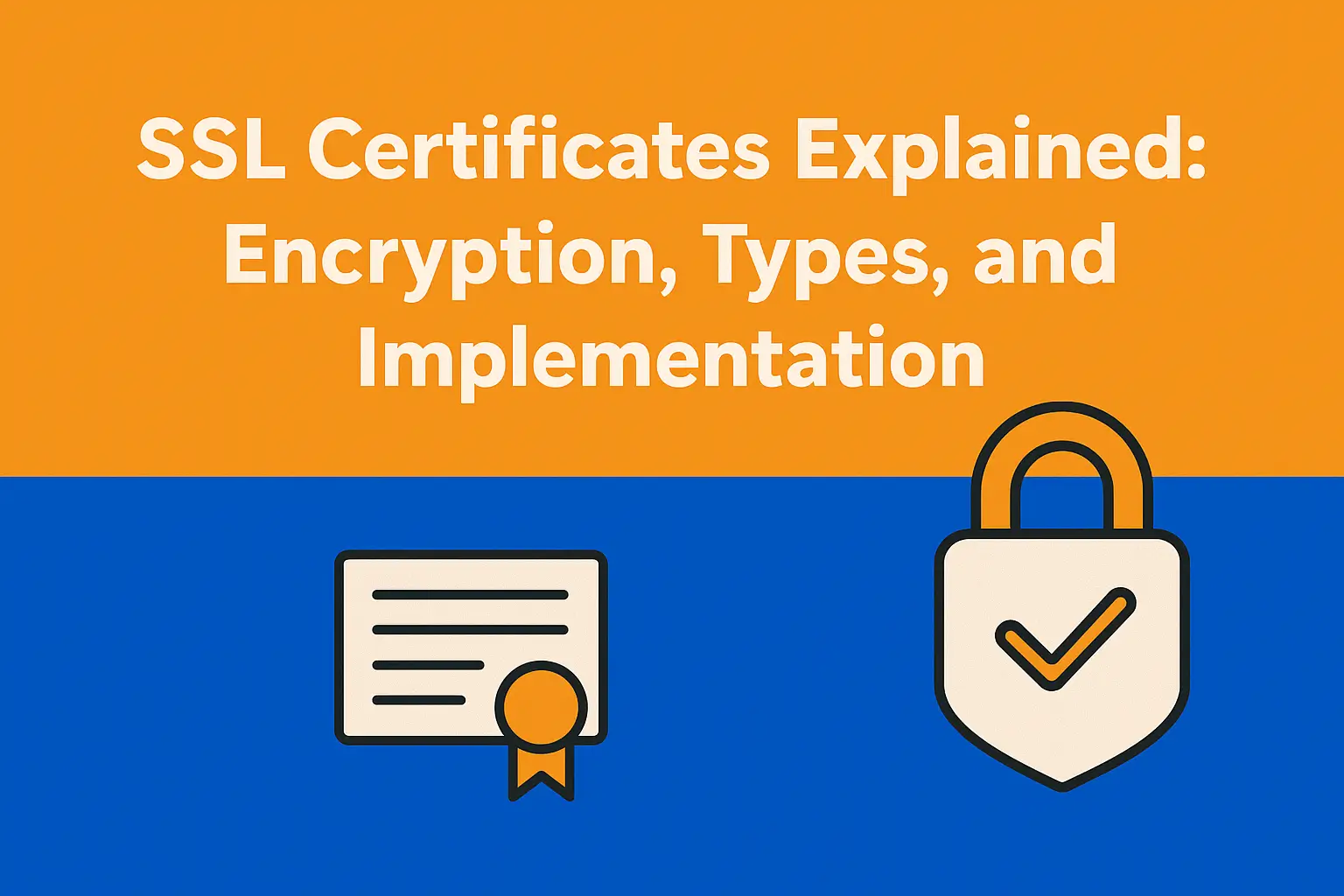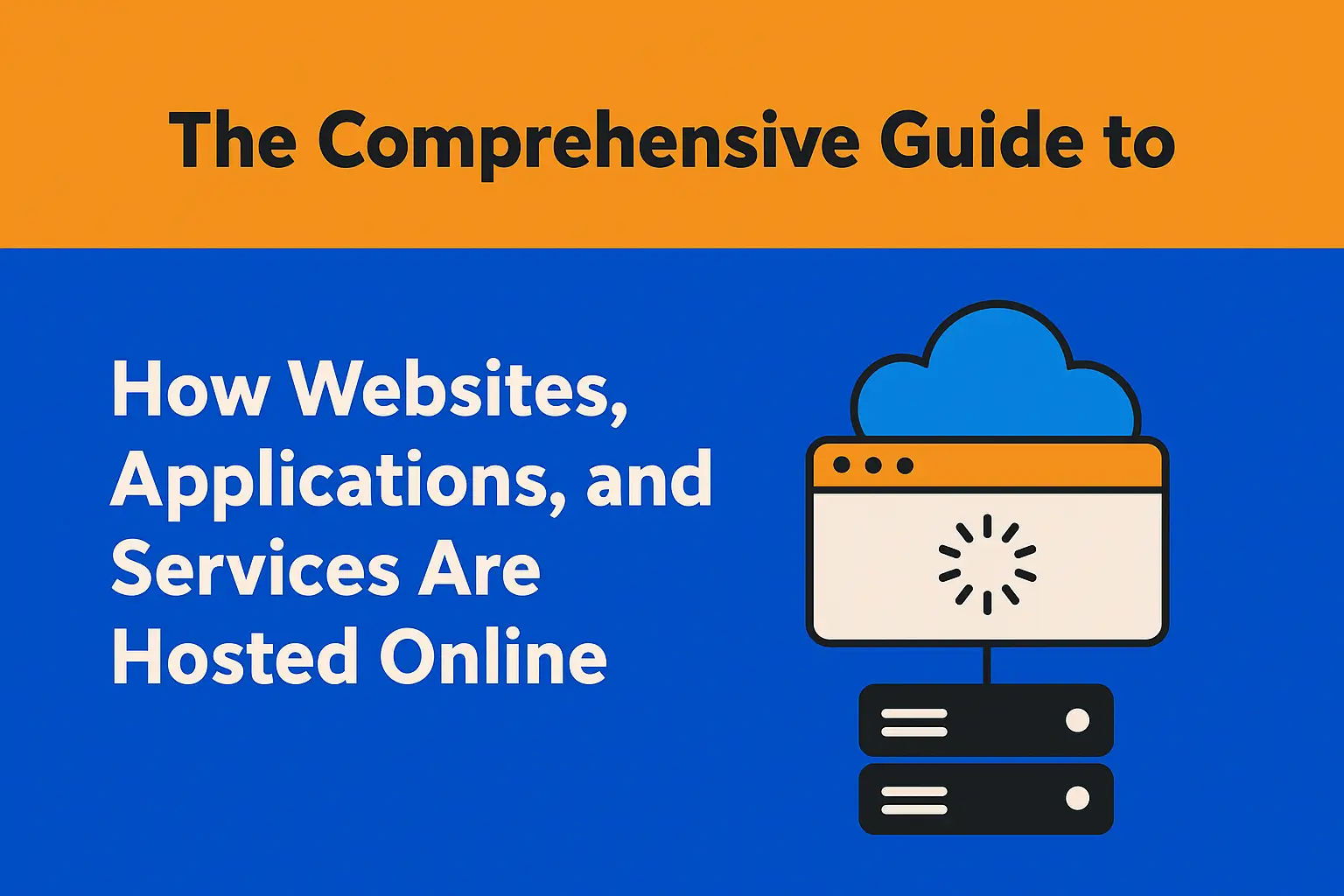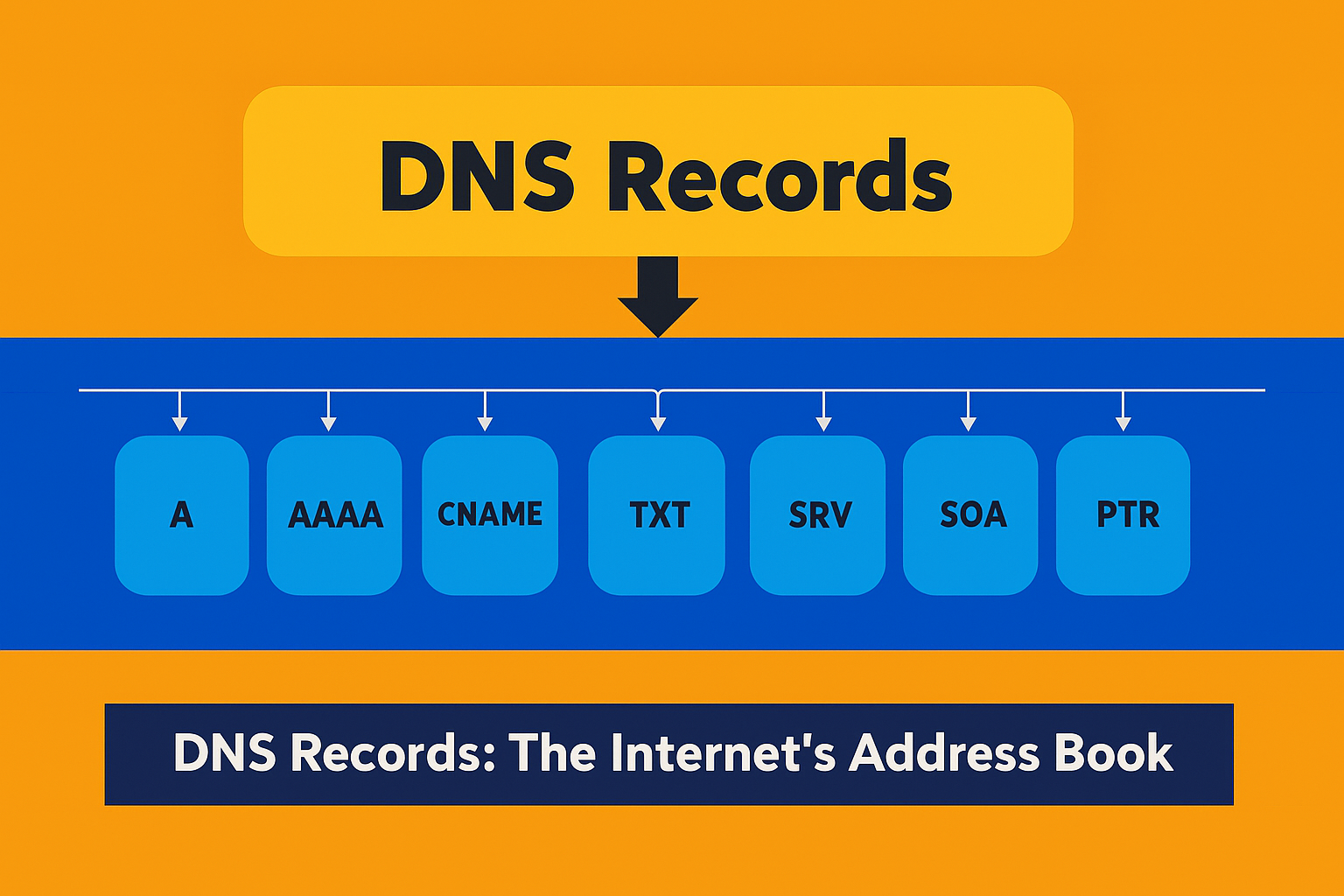
Introduction to Payment Gateways in Africa
As the digital economy in Africa continues to grow, the importance of robust payment gateways becomes increasingly significant. Payment gateways act as a critical bridge between online businesses and their customers, ensuring secure, efficient, and convenient transactions. By facilitating seamless financial interactions, these gateways enable e-commerce platforms, online marketplaces, and various other digital enterprises to thrive.
In the diverse and rapidly evolving ecosystem of African e-commerce, the adoption of online payment systems has surged. This growth is fueled by increased internet penetration, a young technologically-savvy population, and a surge in mobile financial services. Payment gateways not only facilitate payments but also enhance security by encrypting sensitive user information, thereby fostering trust and encouraging even more online transactions.
The African continent presents unique challenges and opportunities in the realm of digital payments. Diverse markets, varying levels of technological infrastructure, and different regulatory landscapes necessitate tailored solutions to meet the specific needs of each region. Payment gateways provide the versatility required to handle these complexities, offering integrations with local banks, mobile wallets, and international payment networks to ensure broad accessibility and convenience.
With innovations such as mobile money becoming deeply embedded in everyday financial activities, the role of payment gateways extends beyond traditional e-commerce. They are pivotal in enabling peer-to-peer transfers, utility payments, and even cross-border transactions, underscoring their importance in the broader digital economy. As more African consumers and businesses embrace online payments, the integration of sophisticated payment gateway technologies becomes crucial in maintaining the momentum of this digital transformation.
In this context, understanding the landscape of payment gateway integrations across Africa is essential for any entity looking to successfully operate in this dynamic market. An in-depth exploration of the top 20 payment gateway integrations can offer invaluable insights into how best to navigate and leverage these technologies for seamless transactions.“`html
Criteria for Choosing a Payment Gateway
Selecting an appropriate payment gateway is paramount for businesses aiming to operate efficiently across Africa’s diverse economic landscape. The first crucial factor to consider is transaction security. A robust payment gateway should offer advanced security measures such as end-to-end encryption, tokenization, and compliance with standards like PCI-DSS to protect sensitive financial data.
Another essential aspect is the ease of integration. The payment gateway should offer comprehensive API documentation, SDKs, and plugins that simplify the integration process with various e-commerce platforms, websites, or mobile applications. Swift and effective integration minimizes disruptions and accelerates the time to market.
Cost and fees also play a significant role in the decision-making process. Businesses should thoroughly evaluate the fee structure, including setup fees, transaction fees, and any additional costs. An understanding of the fee components aids in budgeting and ensures that the costs do not outweigh the benefits.
Customer support is another critical criterion. Reliable customer support can be a game-changer in the event of technical issues or security breaches. Opt for payment gateways that provide 24/7 support through multiple channels such as emails, live chat, and phone calls.
Scalability is equally important to accommodate future growth. The chosen payment gateway should easily handle increased transaction volumes without compromising performance. This includes capacity for handling peak periods and expansion into new markets.
Geographical coverage and acceptance of diverse payment methods are also vital. Ensure the payment gateway supports various regions in Africa and offers multiple payment options, including mobile money, credit/debit cards, and bank transfers. Catering to different preferences enhances customer convenience and broadens the market reach.
By carefully evaluating these factors, businesses can select a payment gateway that aligns with their operational needs, customer preferences, and long-term objectives, thereby securing seamless transactions across Africa.
1. Flutterwave
Originating from Nigeria in 2016, Flutterwave has rapidly cemented itself as one of Africa’s most prominent payment gateways. Its robust infrastructure and comprehensive suite of features have propelled it to the forefront of the fintech industry in Africa. Flutterwave supports a wide range of currencies, making it an excellent choice for businesses operating in various African markets as well as those looking to engage in cross-border transactions.
One of the standout aspects of Flutterwave is its ease of use. Designed with both merchants and customers in mind, it offers a seamless user experience across various platforms. Whether opting for the comprehensive API integration for a customized checkout experience or using pre-built plugins compatible with popular e-commerce platforms such as WooCommerce and Shopify, Flutterwave ensures that implementing its payment solutions is straightforward.
Its key features include multi-currency support and the ability to process a variety of transaction types, from one-time purchases to recurring billing. Additionally, Flutterwave caters to diverse payment methods including credit and debit cards, bank transfers, and mobile money. This inclusivity makes it an attractive option for enterprises looking to maximize their reach within the African continent.
Recent innovations have seen Flutterwave continuously pushing the boundaries to enhance its service delivery. For instance, the introduction of the Flutterwave Store allows businesses to set up an online store with minimal effort, thus facilitating the onboarding of even more merchants onto the platform. Other notable updates include improved security features to safeguard transactions and advanced analytics tools to help businesses track their sales performance in real-time.
Overall, Flutterwave’s blend of ease-of-use, comprehensive support for multiple payment options, and innovative solutions make it a leading payment gateway in Africa, enabling seamless transactions for businesses and consumers alike.
Paystack
Founded in 2015 by Shola Akinlade and Ezra Olubi, Paystack quickly established itself as a leading payment gateway in Africa. The platform’s mission has been straightforward – to simplify and accelerate online payments for African businesses. Combining intuitive design with robust technology, Paystack addresses a critical need in the region’s burgeoning digital economy.
One of Paystack’s prominent features is its extensive integration capabilities. The platform seamlessly connects with major e-commerce platforms such as Shopify, WooCommerce, and PrestaShop, making it easier for businesses to accept payments online. Moreover, Paystack offers a versatile API, enabling custom integrations that cater to specialized business needs. This flexibility has made it a favored choice among developers and business owners alike.
In terms of fees, Paystack operates a transparent structure. The fees are 1.5% + NGN 100 for local transactions and 3.9% + NGN 100 for international transactions, with a cap at NGN 2,000 per transaction. Businesses processing a significant volume of transactions can also benefit from volume-based discounts, making it a cost-effective option for scaling operations.
Geographically, Paystack’s footprint extends beyond Nigeria to Ghana and South Africa, offering a strategic advantage for businesses targeting multiple African markets. The platform supports various payment methods including credit and debit cards, bank transfers, and mobile money, ensuring comprehensive coverage for diverse customer preferences across the continent.
Paystack’s acquisition by Stripe in October 2020 significantly bolstered its capabilities and market positioning. This landmark acquisition not only provided Paystack with enhanced technical resources but also expanded its global reach and operational expertise. As a result, Paystack continues to lead the charge in Africa’s payment processing landscape, combining localized expertise with international standards.
3. M-Pesa
M-Pesa, a mobile phone-based money transfer, financing, and microfinancing service, has markedly transformed the financial landscape, particularly in Eastern Africa. Launched in Kenya in 2007 by Safaricom, a subsidiary of Vodafone, M-Pesa has since expanded to several other countries, including Tanzania, DR Congo, Mozambique, Lesotho, Ghana, Egypt, and more. Its inception was driven by the need for a secure, accessible financial service for the unbanked population—people without access to traditional banking systems.
The functionalities of M-Pesa are diverse and integral to everyday financial activities. Users can deposit, withdraw, transfer money, pay for goods and services, access credit and savings, all through their mobile phones. The service is designed to be simple, requiring only a basic mobile phone, and has contributed immensely to financial inclusion by enabling millions of people to participate in the economy. M-Pesa’s platform supports various types of transactions, such as peer-to-peer transfers, bill payments, merchant payments, and even remittances across borders.
With a dominant user base, M-Pesa boasts of over 40 million users as of recent reports. This extensive user adoption underscores its reliability and relevance in the region. One of the major factors contributing to its success is its robust network of agents who facilitate cash deposits and withdrawals, making it accessible even in rural areas.
For businesses looking to integrate M-Pesa into their payment systems, the process is relatively straightforward. Safaricom provides an API (Application Programming Interface) that allows businesses to connect their systems directly to the M-Pesa service. This ensures that businesses can offer customers a seamless and secure payment experience. Integration typically involves registering with M-Pesa, obtaining necessary credentials, and configuring the API for various payment functions, such as receiving payments, processing refunds, and reconciling transactions.
M-Pesa’s pioneering spirit has undoubtedly shaped the mobile payment industry in Africa, setting a multi-faceted precedent for financial innovation and inclusion.
4-20 Other Notable Payment Gateways
In addition to the most recognized payment gateways in Africa, there are numerous other noteworthy platforms that have made significant strides in their respective markets. Here, we will overview 17 additional payment gateways, highlighting key aspects like founding year, primary market, unique selling points, supported payment methods, and notable partnerships or achievements.
Interswitch: Founded in 2002, Interswitch has grown to become a leader in the Nigerian digital payments sector. It supports card payments, mobile money, and bank transfers. Its unique selling point is its extensive network and interoperability with various African banks. Notable partnerships include collaborations with Visa and Mastercard.
Direct Pay Online (DPO): Established in 2006, DPO operates across multiple African countries, offering services that include its proprietary payment processing system. It allows transactions via credit/debit cards, mobile money, and bank transfers, standing out for its wide coverage and secure payment solution. High-profile partnerships include integrations with WordPress and WooCommerce.
PesaPal: Launched in 2009, PesaPal caters primarily to East Africa, offering innovative payment solutions for businesses of all sizes. It enables transactions through mobile money, bank accounts, and payment cards. Its strong integration capability with e-commerce platforms makes it a preferred choice for online merchants.
VoguePay: Operating since 2012, VoguePay is a versatile Nigerian payment gateway supporting a wide range of transaction methods, including credit cards, mobile payments, and bank transfers. It is recognized for its cost-efficient pricing model and secure transaction processing, focusing on SMEs and individual entrepreneurs.
Paystack: Founded in 2015 and recently acquired by Stripe, Paystack focuses on advancing online payments in Nigeria and other African markets. It supports a variety of payment methods and is renowned for its developer-friendly API, helping businesses integrate payment solutions effortlessly.
Flutterwave: This 2016 startup has quickly gained prominence by facilitating seamless and secure payments across Africa. Supporting multiple currencies and payment methods, Flutterwave boasts collaborations with big names like Uber and Booking.com.
Cellulant: Operational since 2003, Cellulant offers an extensive payment solution across 33 African countries. It enables payments via digital wallets, bank transfers, and mobile money, with significant partnerships enhancing its reach and reliability.
MFS Africa: Founded in 2009, MFS Africa connects over 200 million mobile wallets to offer borderless payment solutions. It stands out for its interoperability across mobile networks and has secured strategic alliances with industry giants like Visa.
MTN Mobile Money: Launched in 2012, MTN Mobile Money has a strong presence in various African countries, it facilitates mobile-based payments and transfers. Known for its user-friendly interface, it supports microtransactions and partnerships with various banks.
Ampersand: This payment gateway focuses on driving the adoption of digital payments in Rwanda since its inception in 2017. Supporting mobile and card payments, it uniquely caters to energy and mobility sectors.
Yoco: A South African startup since 2013, Yoco offers a dynamic point-of-sale solution, supporting card payments and making it easier for SMEs to accept payments ins store . Its user-friendly tools have garnered partnerships with Mastercard and Visa.
PayGate: Operating primarily in South Africa, PayGate (founded in 1996) supports a plethora of payment methods, including cards and EFT. It’s known for its robust security measures and integration with popular e-commerce platforms.
iPay Africa: Launched in 2010, it offers payment solutions that uniquely cater to SMEs in East Africa. Supporting mobile money, bank transfers, and card payments, it is appreciated for its integration simplicity and affordability.
Keen Kleentrucks: Since 2015, this digital payment platform has been revolutionizing transportation payments in Ghana. It integrates card payments with fleet management solutions, optimizing efficiency in the logistics sector.
BluePay Africa: Established in 2018, BluePay is notable for its secure and efficient payment gateway services, targeting e-commerce businesses. Its partnerships with local banks and card processors enhance transaction reliability.
JamboPay: Operating since 2009 in Kenya, JamboPay facilitates a wide array of payments, including government services, and offers a robust mobile and online transaction platform known for its versatility and security.
ReadyCash: A Nigerian gateway since 2013, ReadyCash tailors its services to suit the unbanked, promoting financial inclusivity through agent banking and supporting various mobile money services.
These payment gateways represent the breadth and diversity of Africa’s evolving financial landscape, each contributing uniquely to facilitating seamless transactions across the continent.
Comparative Analysis of the Top 20
Our comparative analysis of the top 20 payment gateways in Africa provides a detailed examination of various critical metrics. This helps businesses in choosing the most suitable payment gateway according to their unique needs. The analysis covers key aspects such as fees, transaction limits, customer support quality, ease of integration, and geographical coverage.
| Payment Gateway | Fees | Transaction Limits | Customer Support | Ease of Integration | Geographical Coverage |
|---|---|---|---|---|---|
| PayGate | 2.5% + $0.30 per transaction | Up to $10,000 | 24/7 Support | High | Pan-African |
| Flutterwave | 2.75% per transaction | Up to $50,000 | 24/7 Support | High | Multiple countries in Africa |
| Paystack | 1.5% + $0.20 per transaction | Up to $5,000 | 24/7 Support | Medium | Nigeria, Ghana |
The comparison reveals that payment gateways like Flutterwave and PayGate offer extensive geographical coverage, which is beneficial for businesses with a pan-African reach. Paystack, while limited to Nigeria and Ghana, stands out with lower fees and medium transaction limits, making it ideal for small to medium enterprises. The quality of customer support is crucial and appears to be a strong factor in favor of PayGate, Flutterwave, and Paystack, all of which offer 24/7 assistance.
When considering ease of integration, both PayGate and Flutterwave score highly, thanks to their robust APIs and comprehensive developer guides. Businesses dealing with larger transaction volumes may prefer Flutterwave due to its higher transaction limit of up to $50,000, whereas Paystack might be more suitable for startups and smaller ventures due to its competitive fees and sufficient transaction limit.
In conclusion, the choice of the payment gateway should align with the specific requirements of the business, whether it be transaction volume, geographical scope, or integration complexity. The comparative analysis serves as a stepping stone for making an informed decision that can enhance the overall transaction experience in the African market.
Future Trends in Payment Gateways in Africa
As the digital landscape in Africa evolves, several notable trends are likely to shape the future of payment gateways across the continent. One of the most significant advancements is the increasing adoption of blockchain technology. Blockchain’s decentralized nature promises enhanced security and reduced fraud, crucial factors for fostering trust in digital transactions. As more stakeholders understand its benefits, integration with payment systems is expected to become more common, establishing a more transparent and efficient financial ecosystem.
Another transformative trend is the incorporation of artificial intelligence (AI) into payment gateways. AI can provide sophisticated fraud detection mechanisms, personalize user experiences, and streamline operations through predictive analytics. These improvements will likely lead to faster, more secure transactions and a superior user experience, encouraging broader adoption of digital payment systems in Africa.
Regulatory changes will also play a pivotal role in shaping the future of payment gateways. As governments in Africa work towards creating more supportive frameworks for digital finance, we can expect increased innovation and competition. Harmonized regulations across borders could facilitate smoother, cross-border transactions, opening up new markets and opportunities for businesses and consumers alike.
Additionally, the surge in mobile penetration across Africa is a major driver of change. With mobile phones becoming increasingly ubiquitous, mobile payment solutions are poised to dominate the market. This trend reflects the continent’s leapfrogging of traditional banking infrastructure, making financial services accessible to previously unbanked populations. As mobile network coverage and smartphone usage continue to grow, we can anticipate significant advancements in mobile payment technologies, thus expanding financial inclusion.
Lastly, the development of innovative financial products tailored to local needs cannot be overlooked. Companies that understand and cater to the unique requirements of African markets will likely lead the way in creating relevant and effective payment solutions. As a result, payment gateways in Africa are expected to become more versatile, robust, and inclusive, driving economic growth and connectivity across the region.





0 Comments